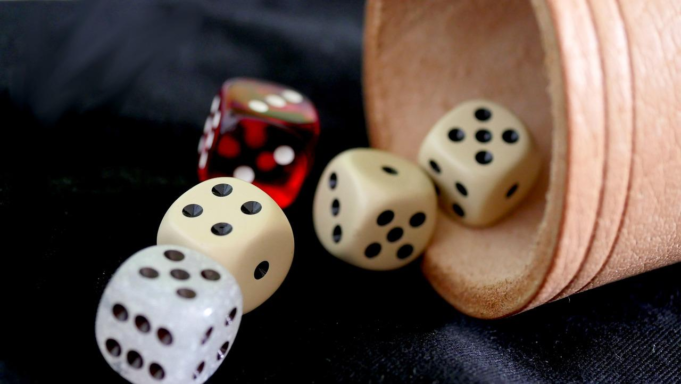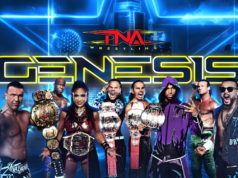It’s a presidential election year in the United States, as if you weren’t well aware. Along with all the campaign ads, news coverage, and doom-mongering, you are also going to be bombarded with polling data from various models telling you who is going to win. Of course, polling has come in for a bad rap in recent years, and the criticism of the polling industry has actually forced significant changes among those companies that carry out and report these surveys.
Perhaps most famously, the polling was off in the 2016 Election. The majority of pollsters predicted a victory for Hillary Clinton, and, well, we all know what happened. But some pollsters argue that their data wasn’t off at all: It was we, and the media at large, that failed at interpreting the data.
An example of the above was FiveThirtyEight’s (the polling aggregate gurus) assertion just before the 2016 Election that Clinton had an 84% chance of winning. Most media outlets interpreted that as tantamount to saying Clinton would win, and, indeed, FiveThirtyEight’s editor-in-chief Nate Silver was criticized for overstating Trump’s chances. But while in hindsight, many looked back at the polling as wrong, even when faced with that figure of 84%, many of us could not get our heads around it. It’s a flaw that we have in dealing with probability.
A Single Dice Throw
The 84% figure is interesting because we can look at it another way – Trump’s chances of winning were roughly equal to correctly calling the correct number in a single dice throw. It’s not the most probable outcome, but it is far from improbable. Our intentions here aren’t to scrutinize the 2016 Election, though, nor to talk about polling in general; simply to talk about our difficulty with dealing with probability. But if we take the dice example, it is probably easier to contextualize in our minds than the raw number 84%.
One of the most commonly cited examples when talking about our difficulties with probability is with the lottery. The odds of winning the Powerball Jackpot are somewhere around 292 million to one. Statisticians take pride, of course, in pointing out that you are far more likely to be eaten by a shark or become a movie star.
But while our minds can cope with the concept of it being unlikely, it is arguably far more interesting to talk about the Powerball and independent events. By that, we mean the patterns created by the drawn numbers. For example, most of us are conditioned to believe that the pattern of the Main numbers 1, 2, 3, 4, 5 and Powerball 6 is less likely than a set like 4, 13, 22, 37, 41 and Powerball 7. Both are statistically exactly the same, but we believe the second set is more likely because we believe it is more random. It isn’t.
Slot Game Outcomes Are Random
Another example can be found in slot machines. A slot machine is governed by two main factors – an RNG (random number generator) and an RTP. What is RTP in slots? It is effectively the percentage amount that a game will pay back over time. Typically, online slots have an RTP of around 95%, meaning the game will pay back $95 for every $100 bet. However, those numbers are calculated over a long period of time, millions of spins, so it tells us little about what happens over a short session. But, like the lottery numbers, each spin is independent of the previous one, but we often fail to look at it objectively. We may feel the slot owes us for the time and money spent on it, or we may erroneously believe that the jackpot is less likely to arrive after one has just been won; that goes against the mechanics of the RNG.
Back in 2008, the Scientific American ran a series of articles on all of these phenomena, calling our inability to deal with probability as “folk numeracy”, the propensity to look for patterns and think anecdotally instead of statistically and impartially. One of the examples given is climate change, where we will, for example, see prolonged periods of cold weather and not be able to pair it up with a trend of global warming.
 So, are there examples of areas where we are better equipped to deal with probability?
So, are there examples of areas where we are better equipped to deal with probability?
Arguably, there are, and the most likely instance is in sports. The actuary for modeling sports betting and predictions usually leaves room for all the shocks and surprises that come with any given sporting event. We, as observers, have seen teams and athletes pull victory from the jaws of defeat and defeat from the jaws of victory, so we are conditioned to be skeptical.
If we were to write now that the Boston Celtics – the team with the best record in the 2023/24 NBA season – was guaranteed to win this season’s Championship, we would be rightly scorned. And that’s the rub: sports aren’t cold hard numbers like the lottery or the mechanics of random number generations like slot machines; they tell human stories, and that’s why we can anticipate many different outcomes.












